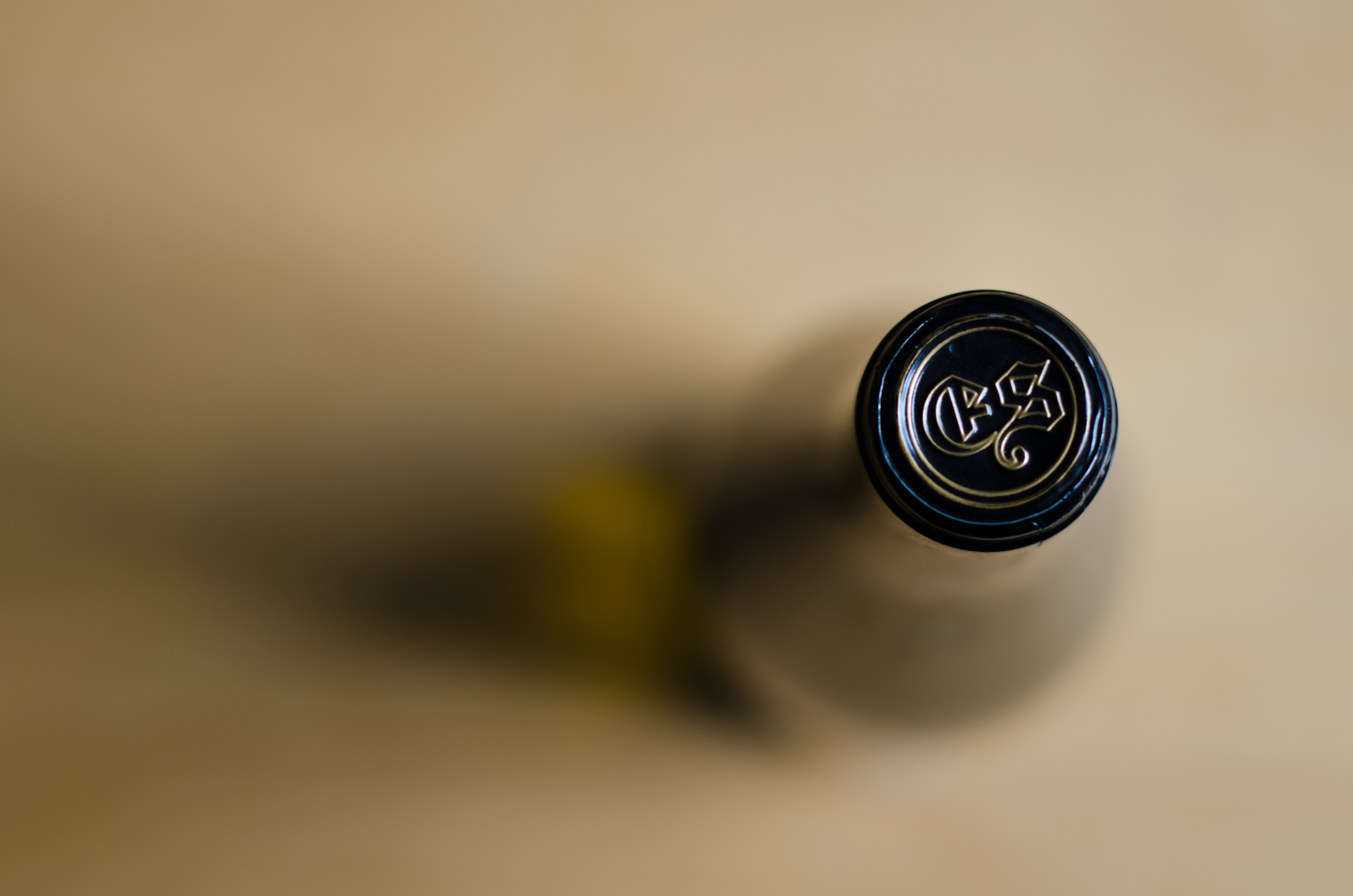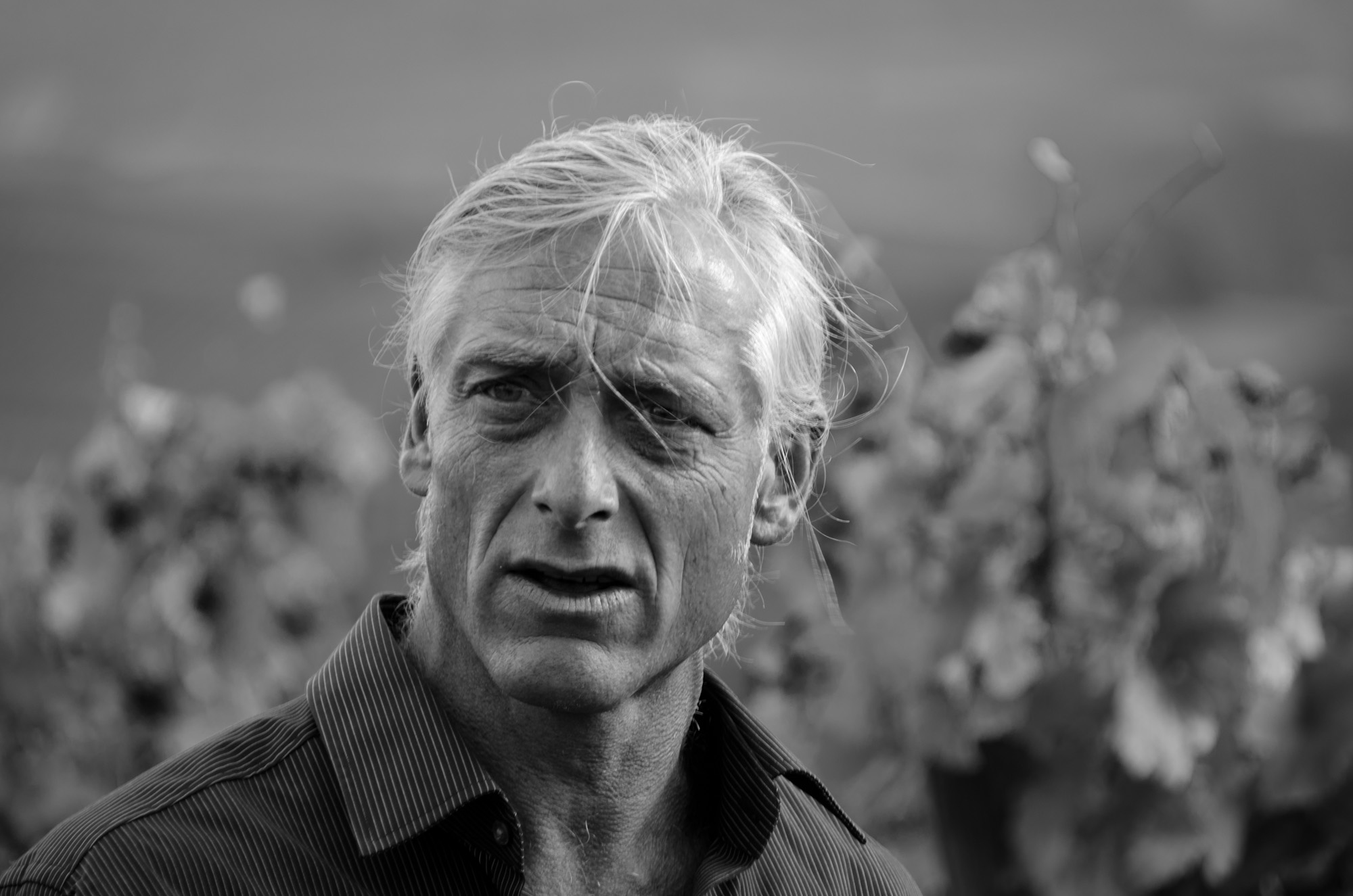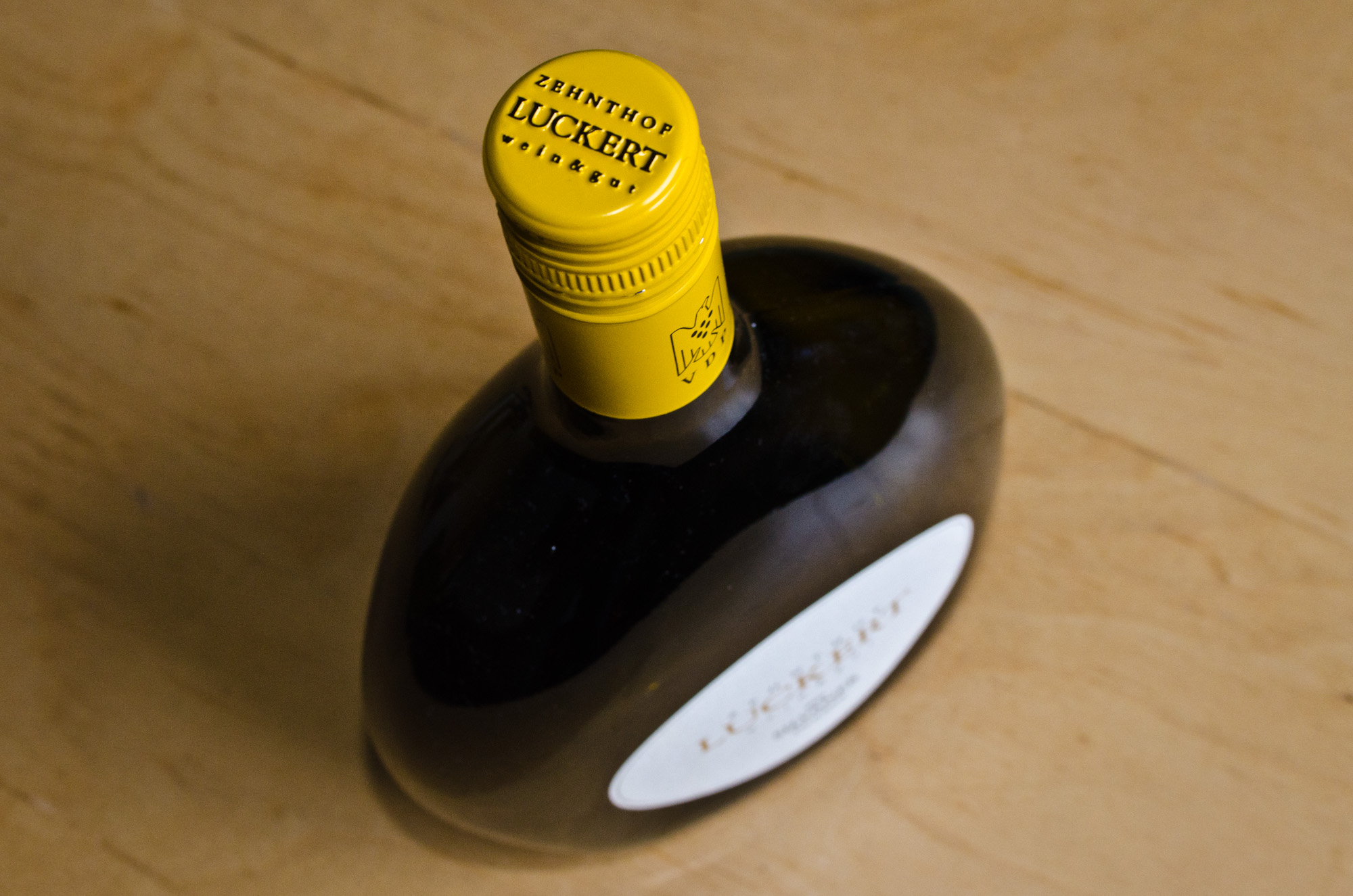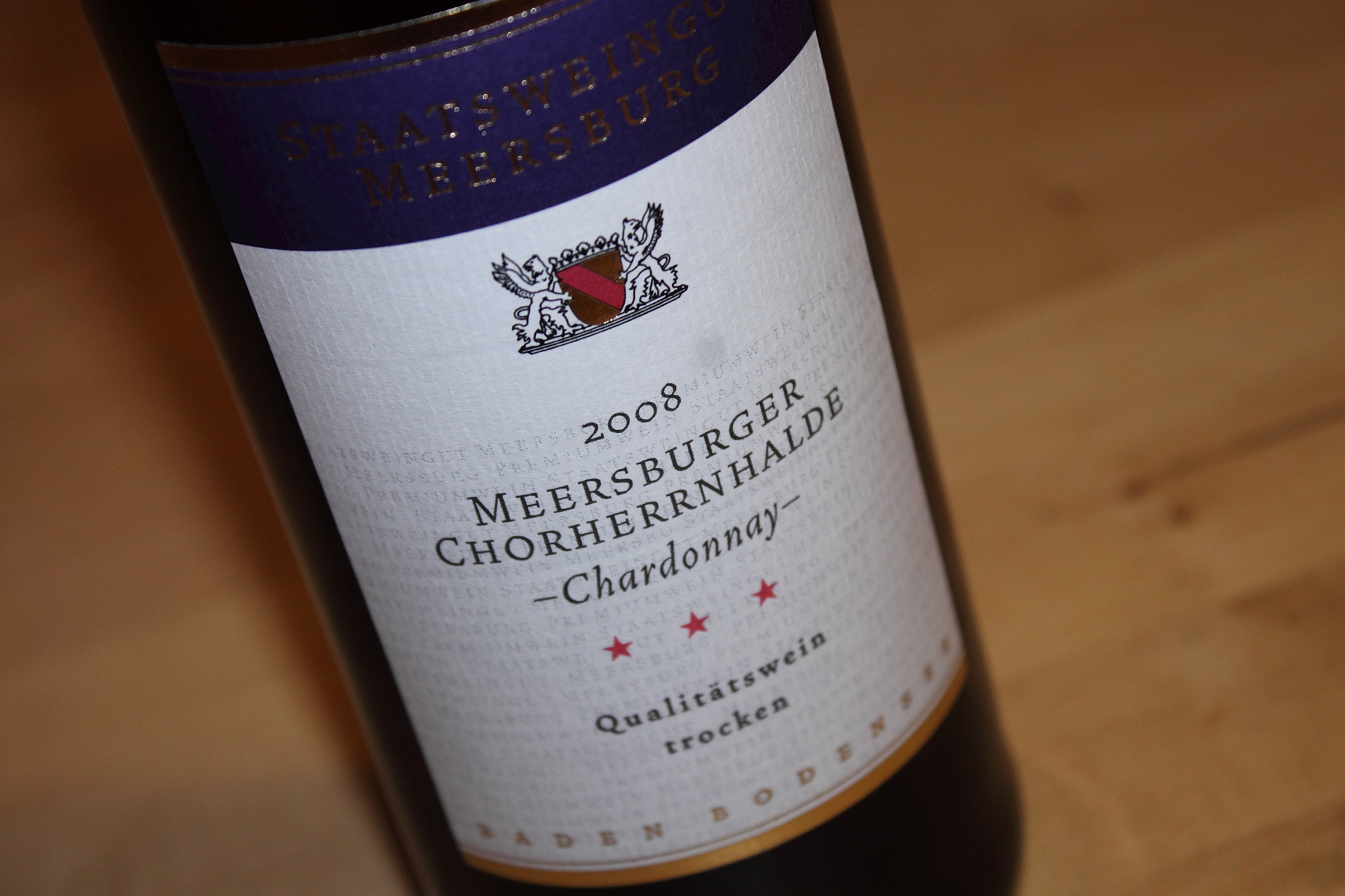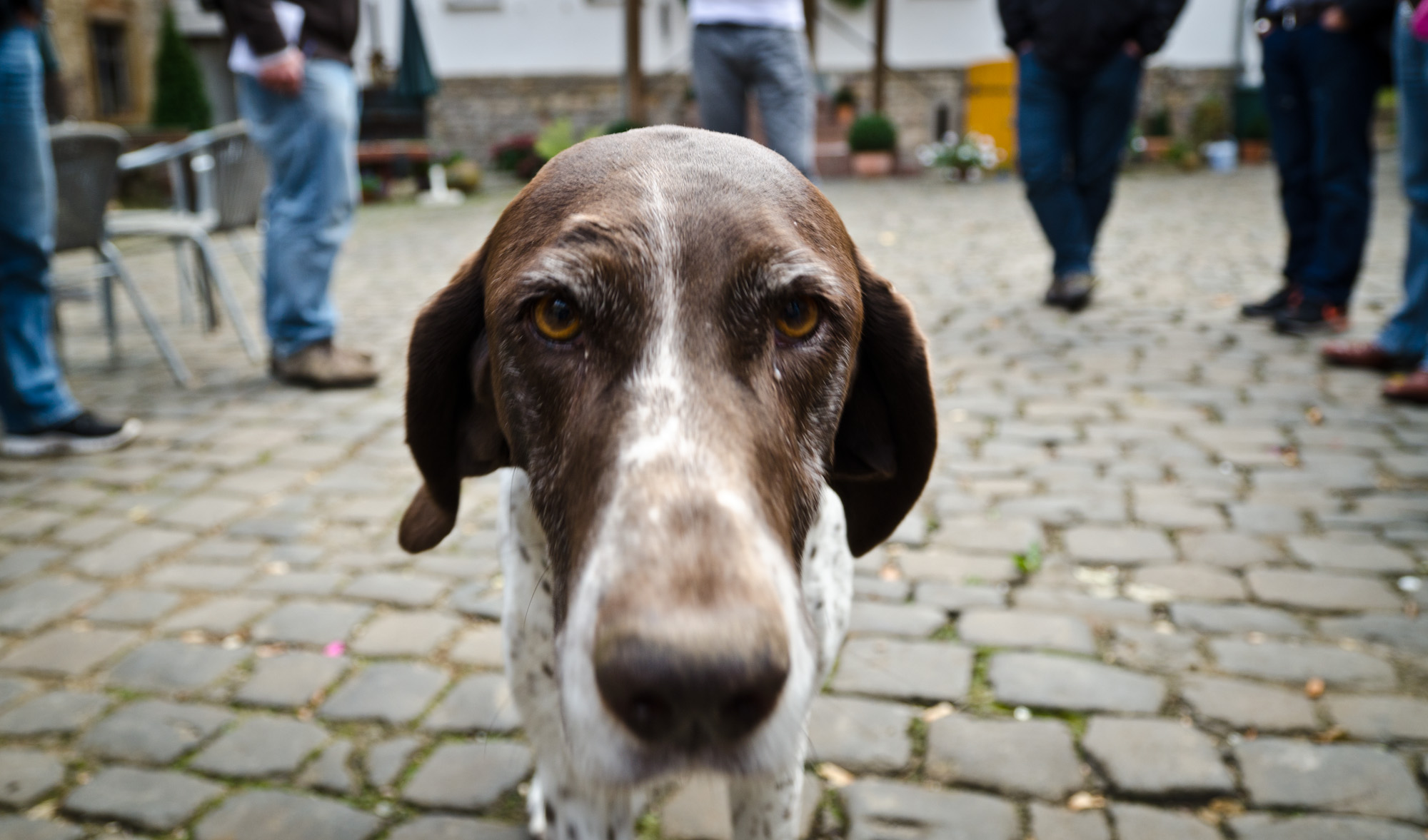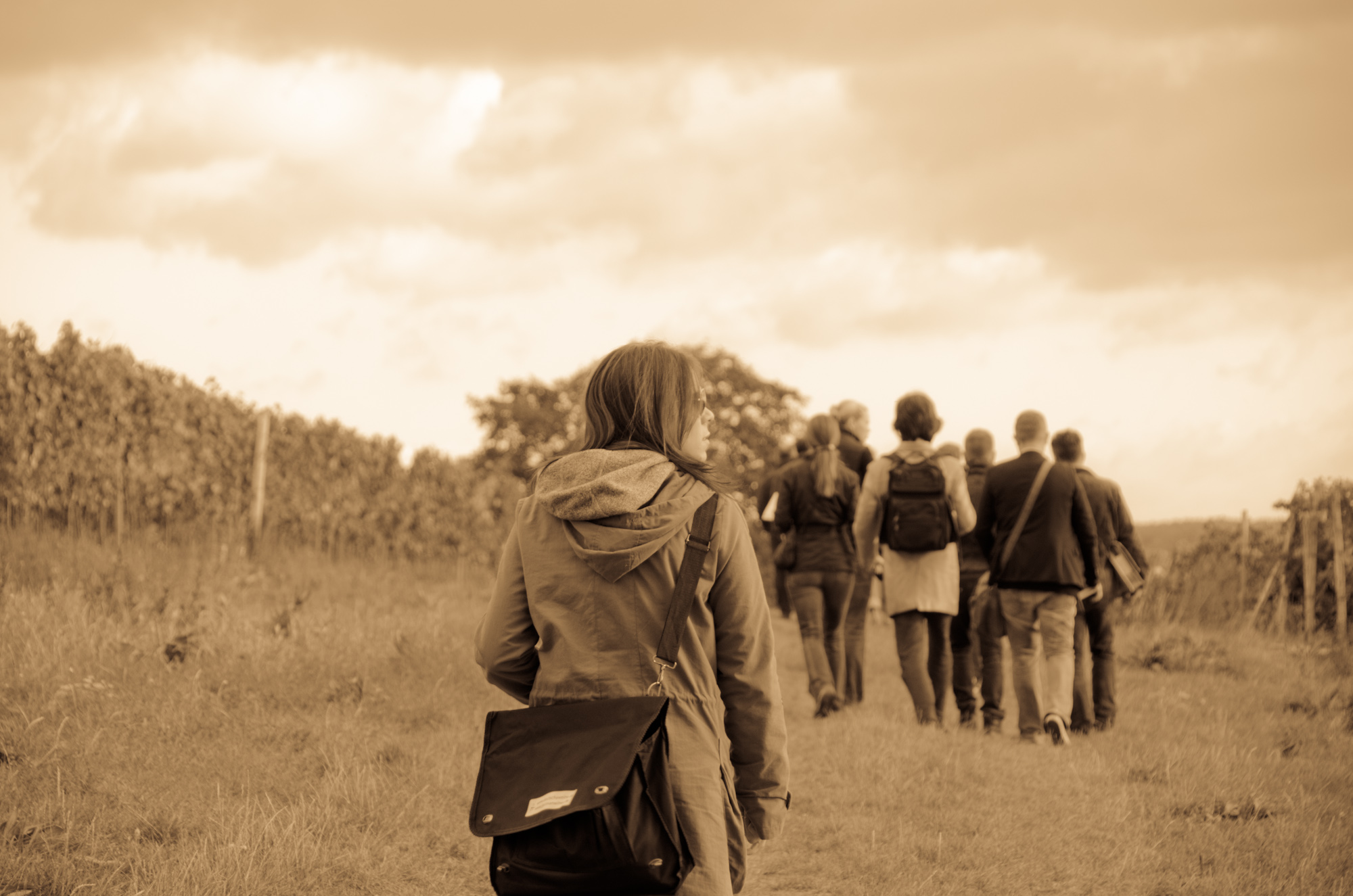Weingut Ankermühle, Riesling Classic, 2009
The Germans and their compound words. Even people who haven't heard more than three words of German (presumably those will include "Achtung", "nein" and "Fuehrer", although amongst the more sophisticated "Kindergarten", "Zeitgeist" "Schadenfreude" und "Weltschmerz" are also candidates) know that the Germans like to build long words into even longer ones by attaching them to each other. Worry not though, I shall not be troubling you with yet another very complex word the length of the journey from Land's End to John O'Groats. Instead I will use a review of a Rheingau Riesling to introduce you to a short compound word every wine drinker should know.
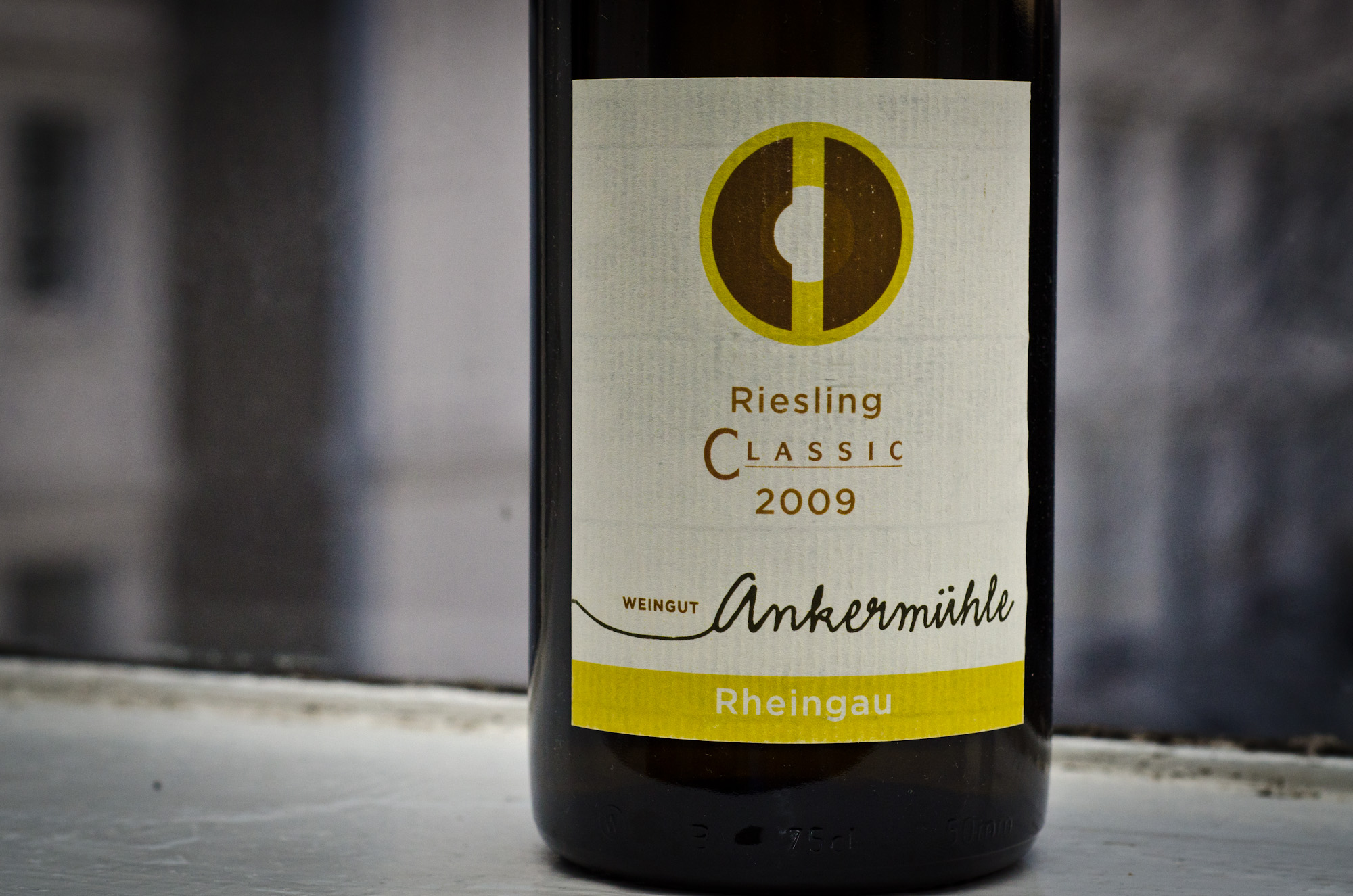
The word is Zechwein.

